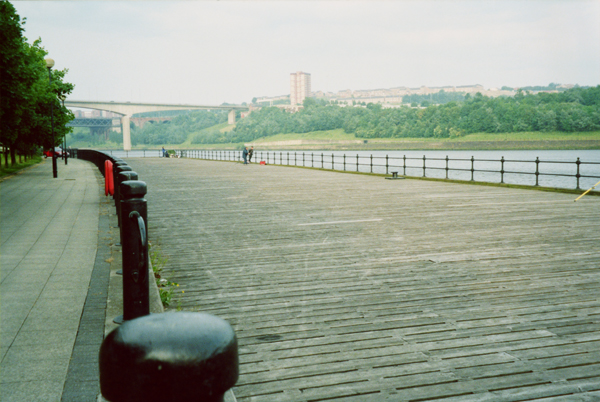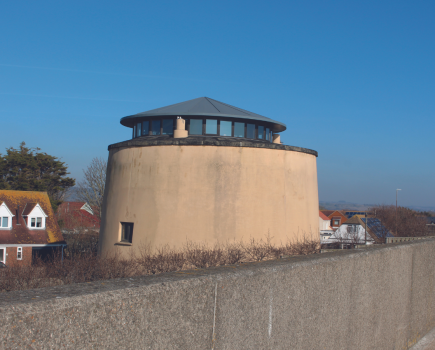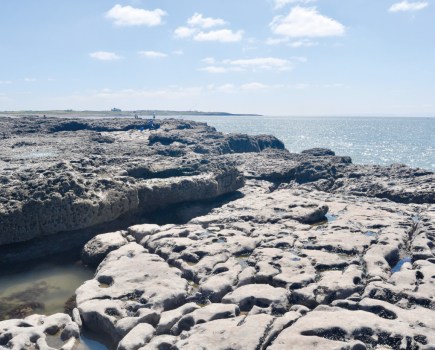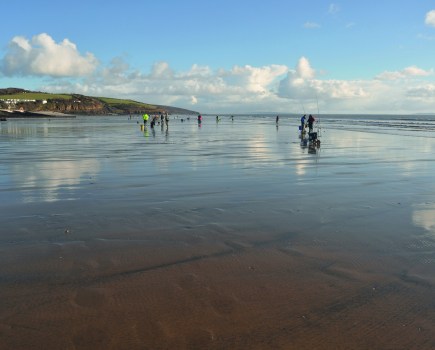The River Tyne has many hot spots and the Wooden Jetty is one of these. Situated approximately a quarter of a mile upriver from the Copthorne Hotel, the jetty juts out some 20 yards and is about 100 yards long. The entire length can produce fish, although the corners are the top spots.
A short lob of 30 yards is suffi cient at high tide for flounders, with most of the eels taken at distance from the main channel. Fishing is only possible three hours either side of high water, peaking as the incoming tide covers the muddy banks.
SPECIES
During the warmer months, flounders and eels are the main quarry with very small whiting often a nuisance. During the winter, a few codling make it this far upriver and the whiting have put on weight.
BEST BAITS
Fresh or frozen peeler crabs will take fish all year. Ragworms, lugworms, mussels and white rag tipped off with a sliver of mackerel are good alternatives.
TACKLE
For flounders, use a bass/carp rod coupled with a Shimano Baitrunner-type fixed-spool reel, a multi-hook rig using size 1 or 2 fi ne-wire hooks and a small sinker between 1oz and 2oz. Alterative gear would be a beachcaster, such as a Cono-fl ex Welsh Wizard, a 6500-type multiplier reel, 15lb mainline and 50lb shockleader. Rigs will be a maximum of two-hooks using slightly heavier-gauge hooks and a 5oz breakout sinker.
GETTING THERE
Take the A1 western by-pass south towards Newcastle and leave at the exit which is signposted Scotswood, before you cross the River Tyne. Head east along the A695 (Scotswood Road). Approximately two miles along at the third roundabout, turn right down towards the river. The jetty is adjacent to the Environment Agency offices. Go through the gates that are always open and park in the public car park.
Directions : Take the A1 western by-pass south towards Newcastle and leave at the exit signposted Scotswood before you cross the River Tyne. Head east along the A695 (Scotswood Road). About two miles along at the third roundabout turn right towards the river. The jetty is adjacent to the Environment Agency offices
Season : Summer for flounder and eel, winter for codling and whiting







